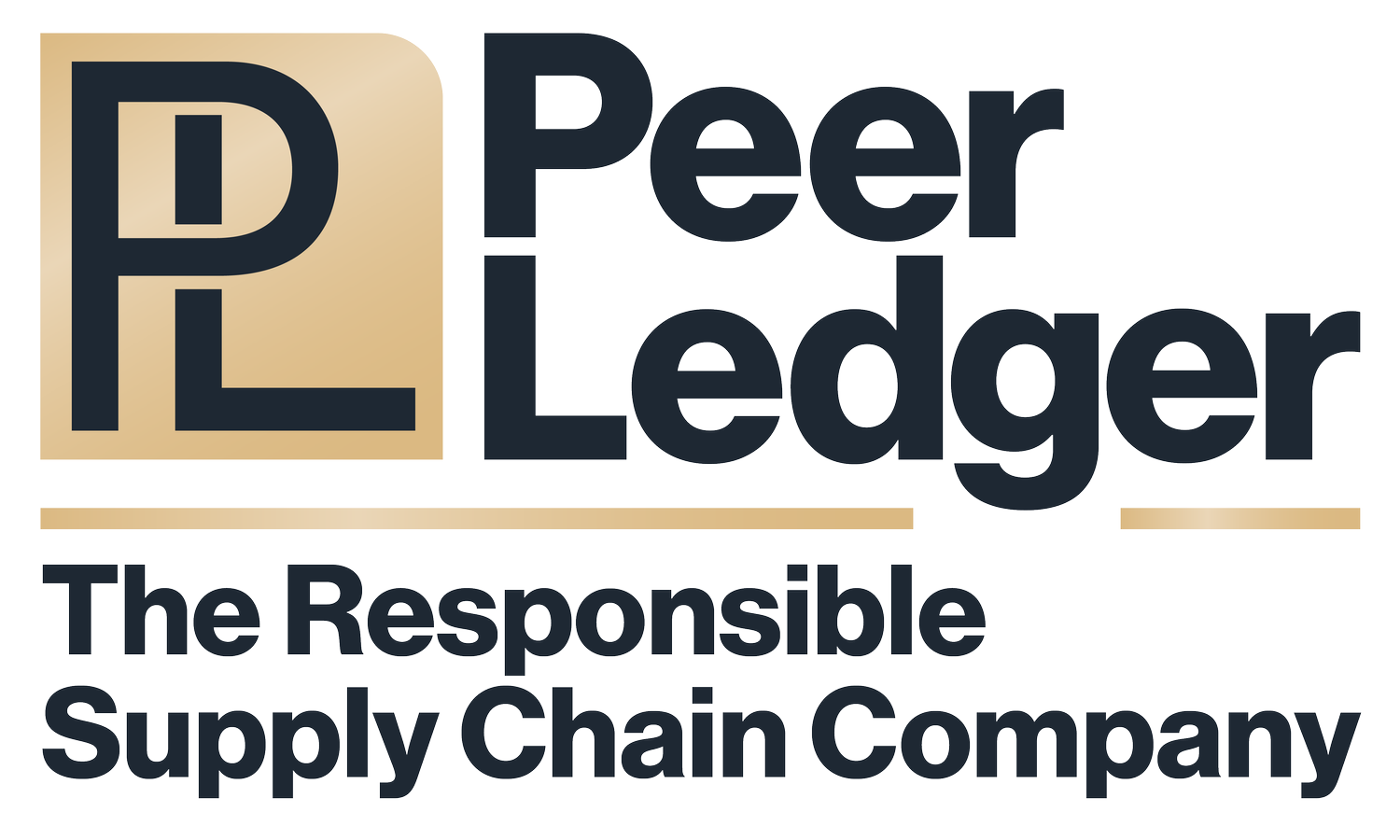Addressing the harmful “grey space” in precious metal mining
According to GoldHub, gold is mined in every continent except Antarctica, and uses complex distribution channels to meet demand. Because the supply chain is so complex and far reaching, it is often difficult for companies that work with gold to be able to fully map their supply chain with confidence. Even companies that claim to be ethical and environmentally responsible often can’t be 100% certain about where their materials are coming from. They don’t have access to all the producers and players within their supply chain, and have to trust that their immediate suppliers are being truthful about their practices, and the origins of their gold. This has created a “grey space” for companies that purchase precious metals and it is a serious area of concern.
According to Reuters, billions of dollars of black market gold is smuggled out of Africa every year, often through the United Arab Emirates, on its way to markets in Europe, the United States and beyond. Black market gold mining refers to gold that is mined by people without oversight, and often involves child or forced labour, human rights abuses, environmental injustice, and/or fuels armed conflict and criminal operations. While artisanal and small-scale mining is an industry that is growing globalling, and provides a livelihood to millions of people, it can often be difficult to differentiate gold that is ASM produced from gold that is produced using illegal practices. Black market mining is unethical and is a massive problem for the industry - it likely has a much greater impact than can be quantified.
It is imperative that the harmful practice of black market mining is taken seriously, however it is part of a larger problem. While some players selling gold on the black market may do it with the knowledge of the harm they cause with their unacceptance practices, for others it is not a malicious act, but a means of survival. For example, some residents in South Sudan, where gold mining is illegal, say that it is worth the risk to break the law to feed their families. For others who try to sell gold using legal means, they may be forced to turn to the black market when traditional channels cannot support them. This is especially an issue because of the COVID-19 pandemic, where government lockdowns and blocked trading routes have caused an increase in illegal mining and trade.
While not all illegal mining is done maliciously, it is still incredibly harmful for the industry. We need to work with communities to better understand their needs, and what action can be taken to ensure the materials they produce are ethically and responsibly sourced. It is the responsibility of governments and companies working in the gold industry to hold bad actors accountable and provide the resources and tools necessary for all actors in the supply chain to adopt the best practices.
At Peer Ledger, we believe that this change is possible and necessary as we work to create a more just, equitable, and sustainable world. Our MIMOSI Connect platform is a supply chain traceability tool that helps companies map their entire supply chain. It gives users a trusted, immutable record of transactions and metrics across their entire supply chain to support responsible supply chain management and due diligence, while providing them with the peace of mind that they are working in line with their values.
References
Krishan Gopaul (August, 2020), An animated look at the gold supply chain, Gold Hub. Retrieved from https://www.gold.org/goldhub/gold-focus/2020/08/animated-look-gold-supply-chain
David Lewis et al (April, 2019), Gold worth billions smuggled out of Africa, Reuters. Retrieved from https://www.reuters.com/investigates/special-report/gold-africa-smuggling/
Dimo Silva Aurelio (December, 2017), South Sudanese Turn to Illegal Mining for Survival, VOA News. Retrieved from https://www.voanews.com/archive/south-sudanese-turn-illegal-mining-survival
Juliane Kippenberg (September 2020), Global Gold Supply Chains Just Got Riskier, Human Right Watch. Retrieved from https://www.hrw.org/news/2020/09/01/global-gold-supply-chains-just-got-riskier

